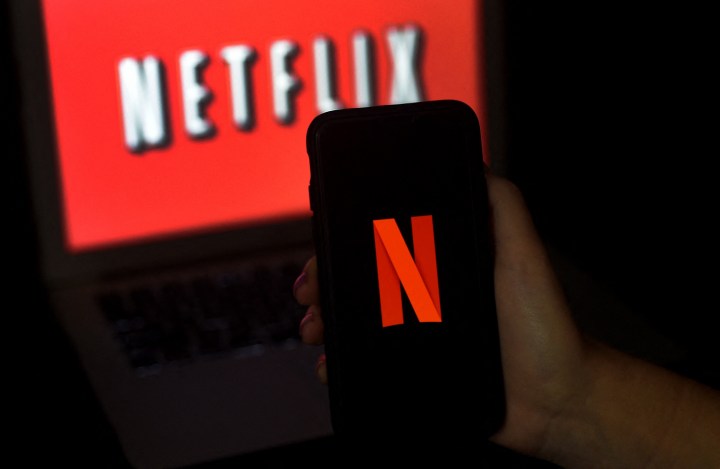
Does the autoplay feature on streaming services cost you money?
Share Now on:
Does the autoplay feature on streaming services cost you money?

This is just one of the stories from our “I’ve Always Wondered” series, where we tackle all of your questions about the world of business, no matter how big or small. Ever wondered if recycling is worth it? Or how store brands stack up against name brands? Check out more from the series here.
Listener David Devaney Jr. asks:
Why do some streaming services automatically autoplay shows or movies after another is finished? It’s economically related, to me at least, because I like to fall asleep to a familiar movie or show. If it autoplays something after that one thing is done, then it uses up my bandwidth to play it, possibly costing me money.
While autoplay can be a useful tool for viewers on a binge-watching spree, sometimes it can induce a feeling of dread as the show you’re watching is about to end.
Maybe you want to avoid getting too ahead in a series, you want to stick around to watch the credits, or you’re concerned about the financial consequences, like David Devaney Jr.
Streaming services like Hulu frame autoplay as a function that makes the viewing experience more convenient. Its website states “autoplay makes it so you can binge watch your favorite shows on Hulu without needing to reach for the remote between episodes.”
Experts agree that this is a primary reason why this function exists. Some users don’t want the trouble of clicking the remote to watch the next video, said Hemant Bhargava, a professor of technology management at the University of California, Davis, Graduate School of Management.
But streaming platforms also benefit by keeping users on the service even longer if their business model relies on advertising, like YouTube, Bhargava added.
Bhargava said the industry also measures success “based on how long users are engaged,” not just how many subscribers they have.
In 2021, Netflix began publishing weekly Top 10 lists of its movies and series based on the number of hours viewed. These lists are a way for Netflix to flex its success, signal to viewers that the service has appealing content and potentially attract creators to the platform, Marketplace has reported.
David Choffnes, an associate professor of computer science at Northeastern University, said that he sometimes watches a couple of TV episodes in a row, and the autoplay function gives him one less thing to do. But sometimes, anxiety can creep up once he’s done watching.
“It’s like, ‘Oh, I gotta find the button that’s gonna cancel this before it automatically starts the next one because I want to save it for later,’” Choffnes said.
Does autoplay cost the consumer?
Choffnes doesn’t think there’s a direct cost to consumers when streaming content autoplays because some people have unlimited data plans with their internet service provider. However, your provider may slow down your connection “if you consume too many bytes,” he said.
And if you are on a limited plan, he doesn’t think it will “break your bank.”
Bhargava also said that the autoplay feature is probably not costing you more, since you’re paying monthly bills for your data. You’re not paying your internet service provider per episode or per film.
“If you went to a restaurant and said, ‘I want to buy one more drink,’ then that’s costing you $10,” Bhargava said.
If you’re streaming content for hours on end and your internet service provider tries to upgrade you to a more expensive plan, then you could hypothetically end up paying more, Bhargava said.
While consumers see negligible costs, the telecom industry says Big Tech companies should pay more for broadband.
A report commissioned by the European Telecommunications Network Operators’ Association found that a small group of tech companies, including Meta, Netflix and Amazon, were responsible for more than half the traffic “on mobile and broadband networks,” the Financial Times reported.
The report said this costs European telecom companies between $15.8 billion and $29.5 billion a year.
USTelecom CEO Jonathan Spalter told Axios that Big Tech companies need to “step up.” But the president of one advocacy group that represents tech companies told the news site that companies using additional bandwidth “already pay extra fees to internet access providers.”
So streaming can come at a high price, but the question of who should be paying for it is still open.
There’s a lot happening in the world. Through it all, Marketplace is here for you.
You rely on Marketplace to break down the world’s events and tell you how it affects you in a fact-based, approachable way. We rely on your financial support to keep making that possible.
Your donation today powers the independent journalism that you rely on. For just $5/month, you can help sustain Marketplace so we can keep reporting on the things that matter to you.












